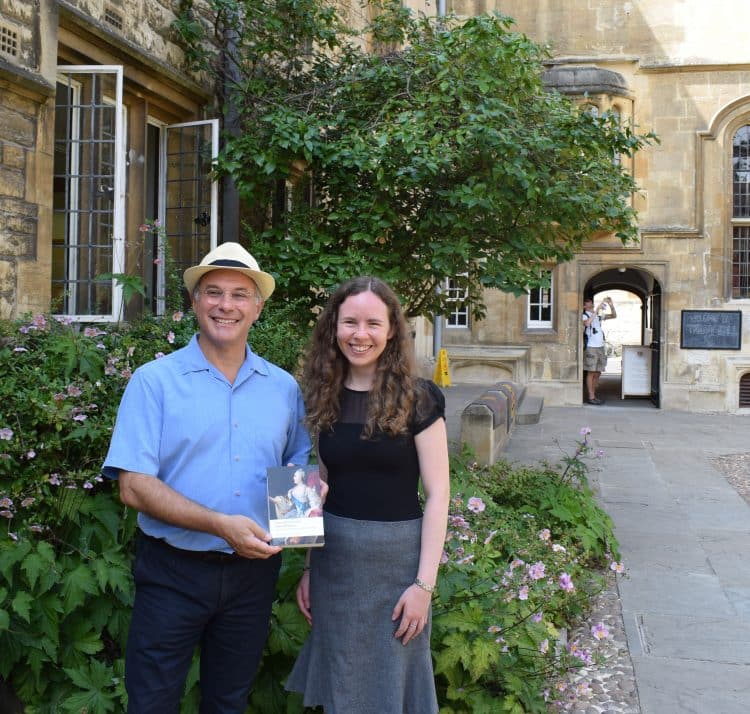Catherine the Great: Selected Letters by Andrew Kahn and Kelsey Rubin-Detlev
6 Aug 2018

Professor Andrew Kahn might be forgiven for taking some time off following the publication, only three months ago, of his co-authored monolith, the 960-page A History of Russian Literature. Yet his new book on Catherine the Great, co-written with Dr Kelsey Rubin-Detlev, has just been published by Oxford University Press.
Published in the Oxford World’s Classics series, the book offers in six thematically organised parts an overview of the life and policies of the German-born princess as viewed through her correspondence with some of Europe’s greatest thinkers, monarchs, and her own generals. Some of Catherine’s most interesting and unusual missives are explored in detail, accompanied by explanatory material to illustrate the socio-political context in which the letters of this fascinating monarch were written. Organised chronologically and thematically, the book traces the important events and alliances in Catherine’s life through her correspondence.
Catherine became Empress of Russia in 1762 following the deposition and subsequent death of her husband, Peter III. A supporter of science and the arts, Catherine transformed Russia by implementing Enlightenment principles and was a prolific correspondent, exchanging letters with the renowned minds of her day. This cultural interplay – Catherine’s contacts included philosophers such as Voltaire and Diderot – is one of Andrew’s key research interests, while the collaboration itself arose from Kelsey’s doctoral thesis, ‘The Letters of Catherine the Great and the Rhetoric of Enlightenment’, which Andrew supervised. Both authors also manage the Digital Correspondence of Catherine the Great online database, funded by a British Academy/Leverhulme Grant and the John Fell OUP Research Fund. The aim of the project is to create a fully searchable database where Catherine’s letters are digitised and annotated, drawing together the largely disparate collection and facilitating intertextual analysis.
Having received her BA in Russian and French at Christ Church, Kelsey completed her MA in Slavic Languages and Literatures at Columbia University before pursuing a DPhil at Oxford as an Ertegun Scholar; she is currently an Assistant Professor of Slavic Languages and Literatures at the University of Southern California. Andrew is a Professor of Russian Literature at the University and a Tutorial Fellow in Russian at St Edmund Hall.
For more information, or to purchase the book, visit the Oxford University Press website.
Categories
Related News

